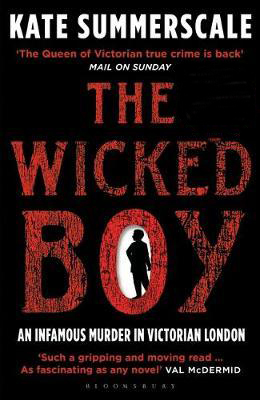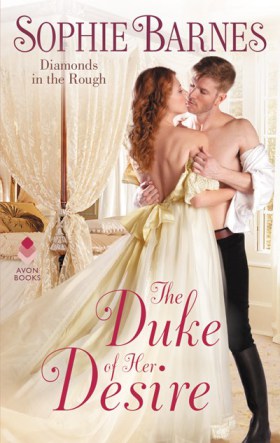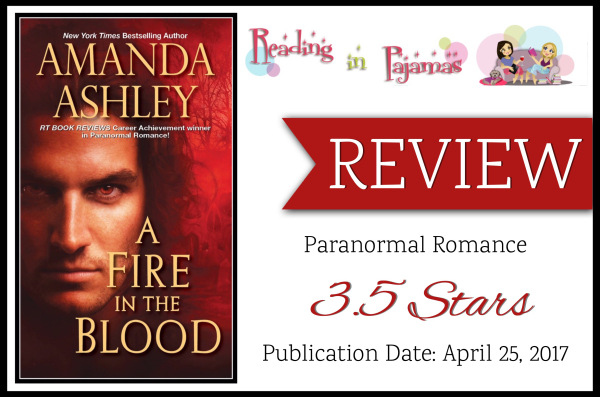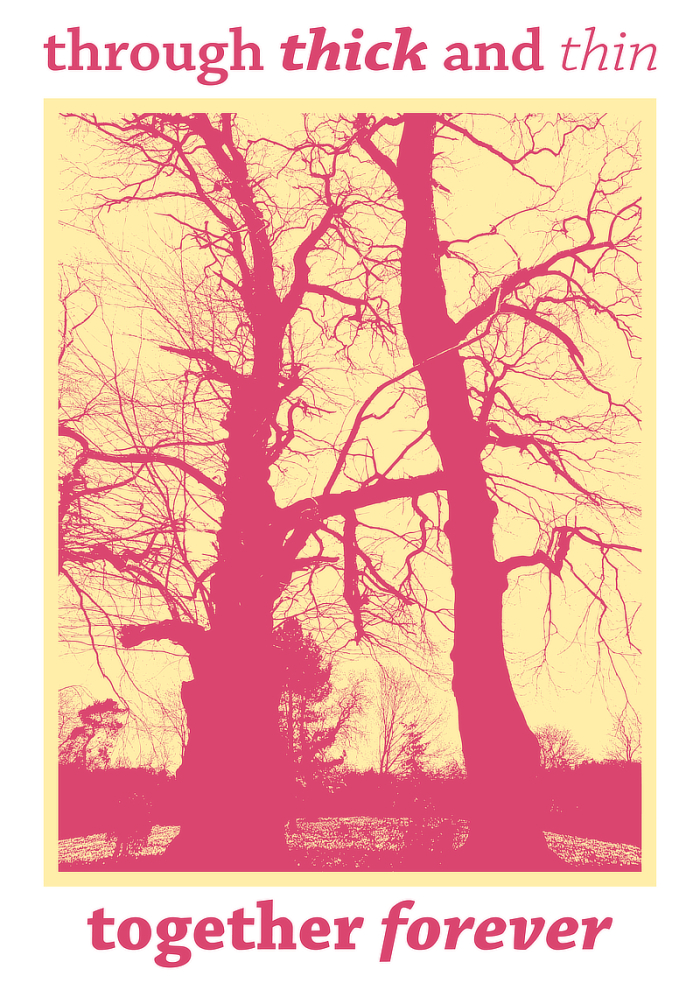I recently took a glance over my ‘Read’ shelf on Goodreads and was surprised to see how many non-fiction titles I’ve been reading of late. Whilst I’ve never been adverse to reading non-fiction, I’ve always considered myself primarily a fiction reader. Yet out of the last ten books I’ve read, five have been non-fiction and my only recent 5* Goodreads review went to a non-fiction title. So why the sudden change in my reading habits?
I think primarily it’s because I’ve been super busy recently so most of my reading has taken place in snatched bites of time. 5 minutes over my morning cup of tea, 15 minutes before bed, 10 minutes whilst waiting for an appointment. A whole day to sit and read – or even a few uninterrupted hours – sounds like a complete luxury to me at the moment. Reading in small doses means its hard to settle into a plot-heavy novel where it’s important to recall who all the characters are, what happened in the last chapter and what person A said about person B ten pages ago.
 This coincided with my discover that the true crime genre – something I’d always worried would be sensational and tacky – has become home to some thought-provoking, genre-blending books that scratch the itch left by ‘Serial’ and ‘S-Town’: two of my favourite podcasts in recent years.
This coincided with my discover that the true crime genre – something I’d always worried would be sensational and tacky – has become home to some thought-provoking, genre-blending books that scratch the itch left by ‘Serial’ and ‘S-Town’: two of my favourite podcasts in recent years.
First up, I listened to the audiobook of Kate Summerscale’s ‘The Wicked Boy: The Mystery of a Victorian Child Murderer‘. Although not actually as focused on the ‘sensational’ murder as the blurb and advertising would have you believe, this was a fascinating piece of narrative non-fiction covering such varied topics as early mental health treatment in Victorian England (surprisingly progressive) and the role of bandsmen in the trenches of WWI (much larger than they’ve been given credit for). Complete with the narrative drive that Summerscale is known for, this was a great audio – although the ‘mockney’ accent the narrator used for some of the characters nearly drove me to distraction!
 David Grann’s ‘Killers of the Flower Moon‘, subtitled ‘Oil, Money, Murder and the Birth of the FBI’, is ostensibly a book about the murders of a number of Osage Indians throughout the 1920s, but opens up into a discourse on power, money, land rights, injustice and racism. It was a sensitively written, fascinating and powerful examination of a largely forgotten piece of American history. Grann’s writing is a brilliant blend of journalistic drive (he knows how to work a cliffhanger!) and stylised reportage and I was keen to check out more of his work so also read ‘The Devil & Sherlock Holmes: Tales of Murder, Madness and Obsession‘, which is a collection of his shorter essays and articles. I didn’t enjoy this as much as ‘Killers of the Flower Moon’ – as with all essay collections, some pieces held my interest more than others – but it confirmed my opinion of his writing style and I’m looking forward to starting ‘The Lost City of Z‘ soon.
David Grann’s ‘Killers of the Flower Moon‘, subtitled ‘Oil, Money, Murder and the Birth of the FBI’, is ostensibly a book about the murders of a number of Osage Indians throughout the 1920s, but opens up into a discourse on power, money, land rights, injustice and racism. It was a sensitively written, fascinating and powerful examination of a largely forgotten piece of American history. Grann’s writing is a brilliant blend of journalistic drive (he knows how to work a cliffhanger!) and stylised reportage and I was keen to check out more of his work so also read ‘The Devil & Sherlock Holmes: Tales of Murder, Madness and Obsession‘, which is a collection of his shorter essays and articles. I didn’t enjoy this as much as ‘Killers of the Flower Moon’ – as with all essay collections, some pieces held my interest more than others – but it confirmed my opinion of his writing style and I’m looking forward to starting ‘The Lost City of Z‘ soon.
 Alexandria Marzano-Lesnevich’s ‘The Fact of a Body‘ is a slower-paced combination of narrative true crime with memoir resulting in an emotionally raw yet moving examination of the lasting effects of historic abuse. Juxtaposing the 1992 molestation and murder of a young boy by a paedophile with the author’s own repressed feelings about abuse within her own family. Not an easy read by any means, and with subject matter that will undoubtedly have triggers for some readers, but a skillful and intimate blending of two genres that really pushed the boundaries of what I thought a ‘true crime’ book could be.
Alexandria Marzano-Lesnevich’s ‘The Fact of a Body‘ is a slower-paced combination of narrative true crime with memoir resulting in an emotionally raw yet moving examination of the lasting effects of historic abuse. Juxtaposing the 1992 molestation and murder of a young boy by a paedophile with the author’s own repressed feelings about abuse within her own family. Not an easy read by any means, and with subject matter that will undoubtedly have triggers for some readers, but a skillful and intimate blending of two genres that really pushed the boundaries of what I thought a ‘true crime’ book could be.
Most recently, I’ve read ‘True Crime Addict: How I Lost Myself in the Disappearance of Maura Murray‘ by James Renner. This is written in short, snappy chapters – often only one or two pages each – and is also a blend of personal memoir and true crime. Less literary in style than ‘The Fact of a Body’ and with more of the narrative drive found in Grann or Summerscale’s work, this is a dual investigation of the strange disappearance of a young woman from rural New Hampshire and of Renner’s own complicated true-crime addiction. It definitely had that page-turning quality although, because the focus is less on a historic case and on an open, unsolved investigation, I did experience a level of unease about some of the speculative elements of Renner’s investigation. It’s a compelling narrative to be sure – and Renner does a good job of keeping the primary focus on his own mentality and raison d’etre – but there are some leaps into the dark corners of the internet and toying with outlandish amateur theories that left me feeling a cold.
So do I intend to carry on with this non-stop slew of non-fiction? More than likely. I’ve got a short break planned this coming weekend which is a much needed chance to get absorbed into a nice chunky novel. But I have become more aware of how my reading habits need to change to fit around my lifestyle in order to avoid a slump. When I’m busy, non-fiction is just easier to read in short doses. So maybe I need to use non-fiction as my weekday reading and make fiction my weekend choice, when I can indulge in a lazy morning sipping tea and curling up with a good book? If it stops me from entering those hideous periods when I just don’t read at all, it’s certainly worth a try!
I’d be interested to know if anyone else finds their reading habits have changed with their lifestyle and if you find yourself reading differently at different times? Drop me a comment down below or send me a message over on Twitter. And, until next time, whether it’s fiction, non-fiction or something in between, Happy Reading! x
Advertisements Share this:





